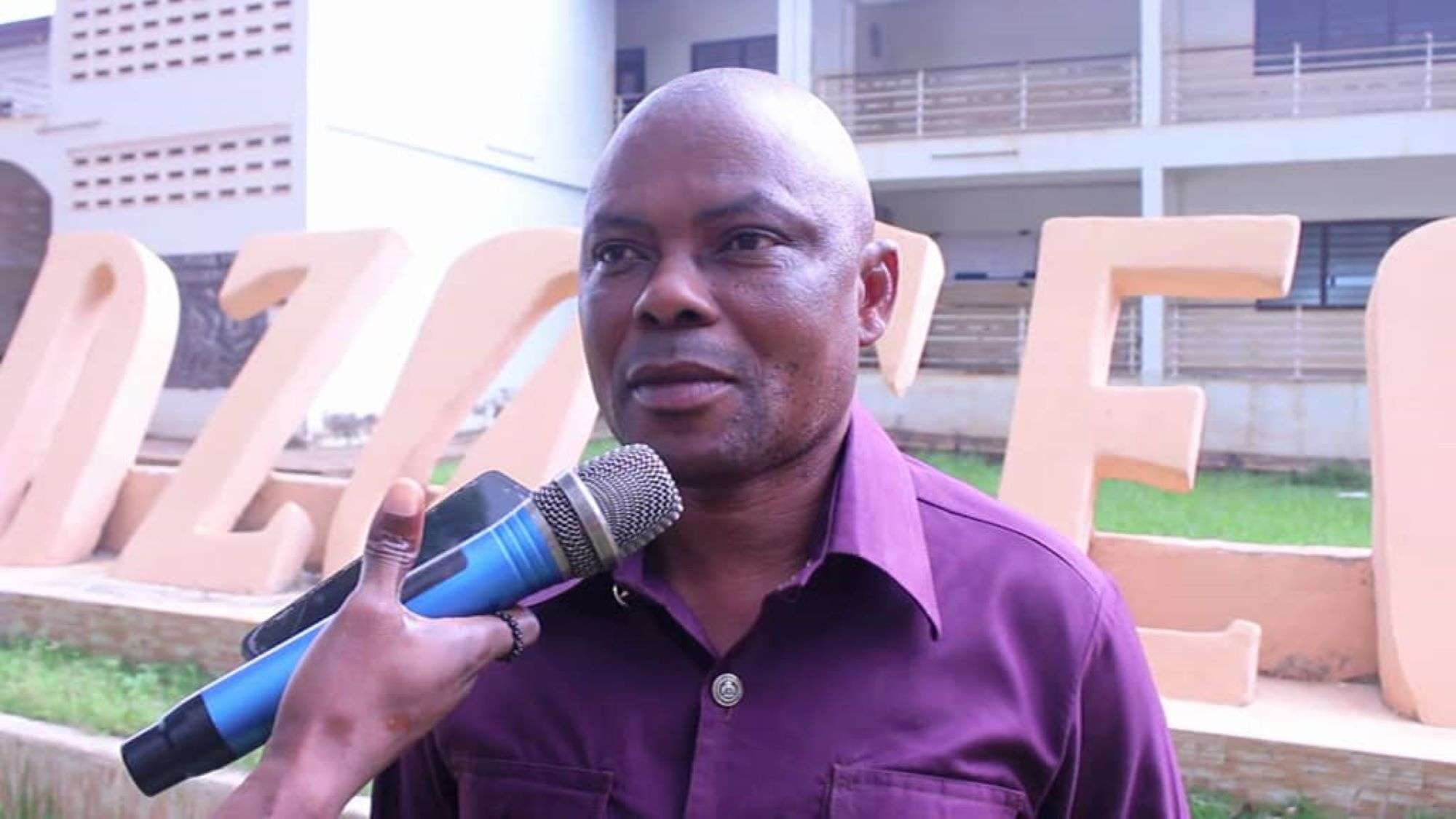The Chief Executive of the National Petroleum Authority (NPA), Mr Hassan Tampuli, has described a call by the opposition National Democrat Congress (NDC) for the government to immediately reduce prices of petroleum products as premature.
He said such a demand from NDC Communication officer Sammy Gyamfi, exposes his lack of understanding of how petroleum products are priced.
According to him, a call from Alex Mould or Moses Asaga would have carried some weight because of their understanding of the industry
The NPA Boss noted that an interview granted by Sammy Gyamfi during which he made this call was entirely gibberish, stating that, “98% of all the things he said were just false.”
Mr Tampuli was responding to the call by the NDC communication officer to the government to immediately reduce the prices of petroleum products to reflect prices on the world market.
Mr Gyamfi’s call, he said, clearly sends the signal that the NDC has not learnt any lesson after it lost power because governments no longer intervene in the pricing of petroleum products, which started in July 2015 under the Mahama administration.
According to him, prices of petroleum products are now determined by Oil Marketing Companies (OMC) with the key indicators being forex rates, international prices, taxes, levies and margins.
“The average price of the product is calculated at the beginning of the pricing window from 1st of the month to the 15th and from 16th to 30th depending on the month.
“So the average price from the 1st to the 15th is what is used to calculate the indicative price and the industry is given the average price observed during the previous window. Based on this observation, the indicative price for the next window is determined for the next window and the OMCs price within that indicative price,” he said.
Mr. Tampuli indicated that the next pricing window starts from 16th March and so calling on the government on 10th March to change the price of petroleum immediately is misplaced and exposes the confusion of such callers.
According to him, there is clear indication that the prices will go down in the next pricing window because prices on the international market have gone down.
Government taxes and levies, he said, have not increased and the cedi has also appreciated significantly against the dollar.
“So by the next pricing window from what we have seen in the movement of the product, the prices and so on, we are likely to see about 15% reduction.
“That is from our calculation, all things being equal up to 16th march. So it is not for Sammy Gyamfi or anybody else to determine for us what the prices should be,” he stressed.
The NPA boss noted that OMCs are also entitled to some margins, which come up to 68 pesewas of the price build-up.
He sated however that because of the forces of demand and supply, they reduce their margins to about 30 or 40 pesewas in order to beat off competition.
Mr Tampuli argued that these companies could have added all the 68 pesewas to the price, which is statutorily allowed but they are forced to opt for lower margins by forces of demand and supply.
“That should tell you that the oil marketing companies are not as reckless as they want us to believe and we have been monitoring as a regulator,” he said.










